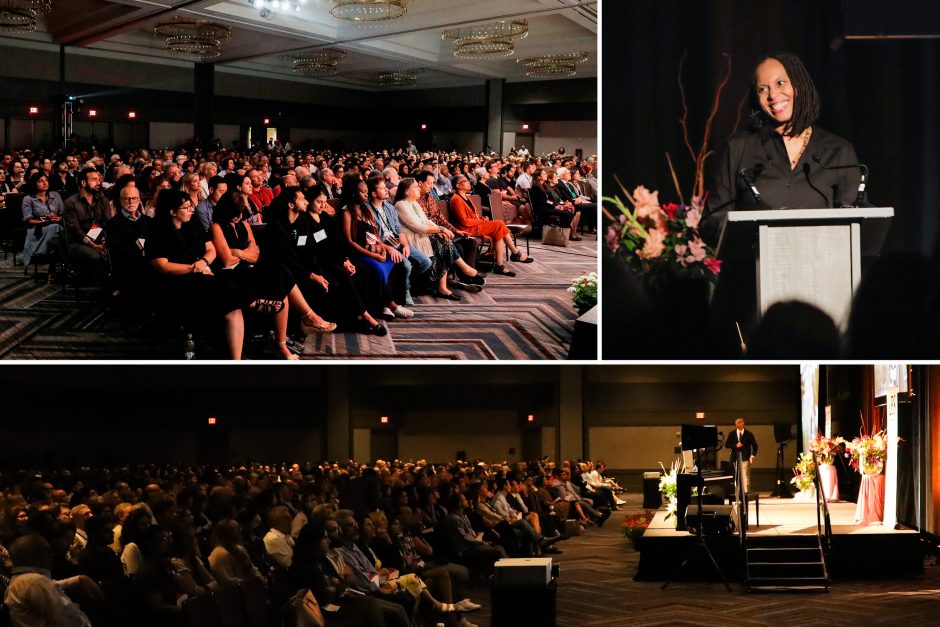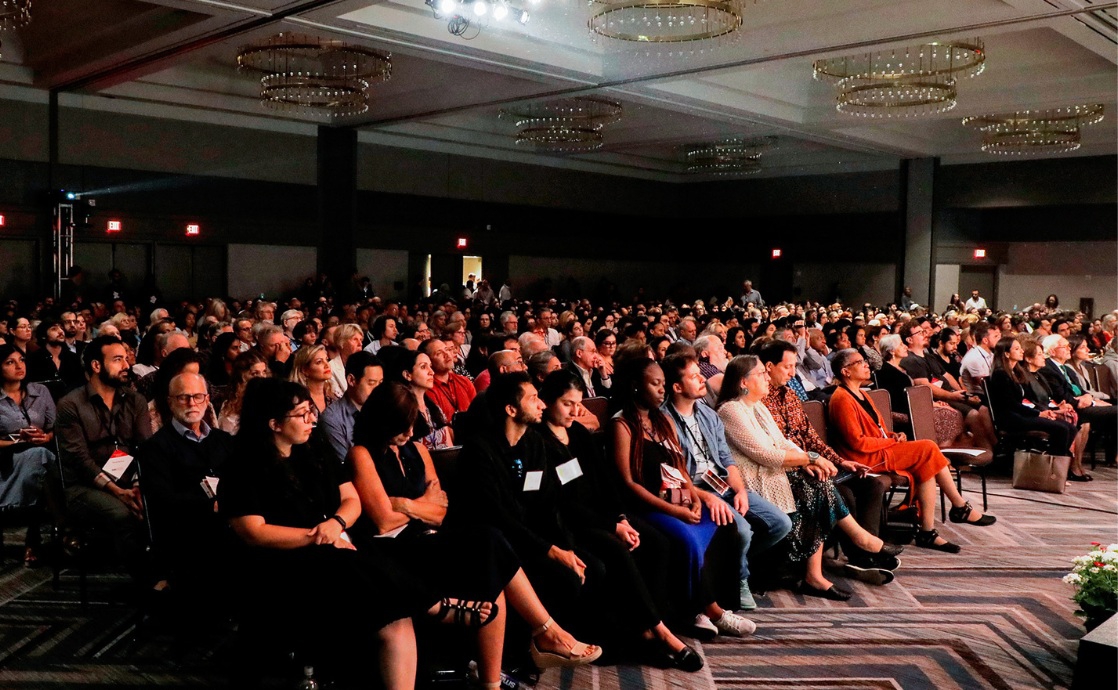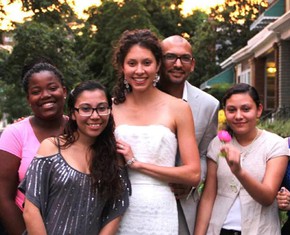The views expressed in our content reflect individual perspectives and do not represent the authoritative views of the Baha'i Faith.
The Baha’i Faith regards the mind as the greatest gift we human beings possess. Abdu’l-Baha, the son and successor of the Faith’s founder Baha’u’llah, said in one of his addresses in the U.S. in 1912:
God’s greatest gift to man is that of intellect or understanding … Intellect is, in truth, the most precious gift bestowed upon man by the Divine Bounty. Man alone, among created beings, has this wonderful power.
RELATED: Learning from Abdu’l-Baha’s Commitment to Service
From a Baha’i perspective, enhancing the intellect through education, including higher education, becomes one of life’s priorities for everyone. In fact, one of the primary Baha’i principles – universal compulsory education – applies to all people and all genders. Abdu’l-Baha said in another speech:
As to the differences of character arising from education, they are great indeed, for education exerts an enormous influence. Through education the ignorant become learned, the cowardly become courageous, the crooked branch becomes straight, the acrid and bitter fruit of the mountains and woods becomes sweet and succulent, and the five-petalled flower puts forth a hundred petals … The differences caused by education are enormous and exert a major influence.
To foster educational and intellectual development through a Baha’i lens, The Association for Baha’i Studies of North America (ABS) has been holding scholarly conferences for almost 50 years (https://www.bahaistudies.ca).

The next annual ABS conference, to be held in Atlanta, Georgia in August of 2024, promises to be particularly exciting. It will have a new and unique goal – learning how to learn.
The conference comprises one element in an organically evolving ABS process, including ongoing workshops, reading, writing, and seminar groups, and the ABS journal, now open to everyone.
ABS activities are directly influenced and guided by a July 2013 letter from the Baha’i Universal House of Justice, which asked the Association to re-evaluate its goals and methods to align with the most urgent needs of society. This effort includes all humanity, as a Universal House of Justice quote on the ABS website points out:
Access to knowledge is the right of every human being, and participation in its generation, application and diffusion a responsibility that all must shoulder in the great enterprise of building a prosperous world civilization – each individual according to his or her talents and abilities. Justice demands universal participation.
For the last ten years, the Association’s Committee for Collaborative Initiatives (CCI)
has examined barriers to inclusiveness and open thought, such as elitism, egotism, cultural stereotypes, prejudices, and historical precedent, among others. In conferences, consultation and multiple convocations they have asked themselves difficult questions like, “What’s the difference between a lecture and a conversation? Between academic elitism and inclusiveness? Between dogma and inquiry? Between knowing and asking?”
The result of this consultation, published in the latest edition of the ABS journal, (https://journal.bahaistudies.ca/online) is “a still-evolving set of activities that aim to promote learning about participation in a variety of academic, professional, and thematic discourses prevalent in society.”
“Of primary importance,” the Journal’s article states, “Is strengthening the association’s capacity to operate in a mode of learning and to nurture a culture of accompaniment.”
In other words, it takes everyone, and we all need to learn how to learn – together.
This year’s call for papers seeks under-represented issues in academic scholarship, including exploratory presentations that rely on the conference participants for input. In fact, all ABS presentations are structured to include as much time for discussions as presentations. In this year’s upcoming conference, diverse participants will include first-time presenters, undergraduate and graduate students, and collaborative projects.
RELATED: The Shining Spark of Truth: How Baha’i Consultation Works
The goal of all ABS activity, in addition to gaining “a more adequate understanding of the significance of Baha’u’llah’s stupendous Revelation” is to create an “evolving conceptual framework, a matrix that organizes thought and gives shape to activities and which becomes more elaborate as experience accumulates.”
The new orientation of ABS aligns with the overall Baha’i principle and process of the independent “investigation of reality,” prescribed as a key aspect of Baha’i life. The Universal House of Justice explained how to conduct such an investigation, with this four-pronged mode of “learning in action:”
Investigation of reality promotes detachment from personal views, gives due importance to valid empirical information, does not raise mere opinion to the status of fact or define truth as the compromise between opposing interest groups. To explore questions such as these and the many others certain to arise, the Baha’i community has adopted a mode of operation characterized by action, reflection, consultation and study – study which involves not only constant reference to the writings of the Faith but also the scientific analysis of patterns unfolding.
What excites me most about all of ABS’s work right now is their humble, self-reflective stance – that “learning how to learn” focus. My delight goes beyond appreciating their humility. I see how this stance can create new opportunities and new knowledge we cannot even imagine at this point.
To foster an organic process is to water the garden of surprise. To be humble and listen is to be astonished!
















Comments
Sign in or create an account
Continue with Googleor